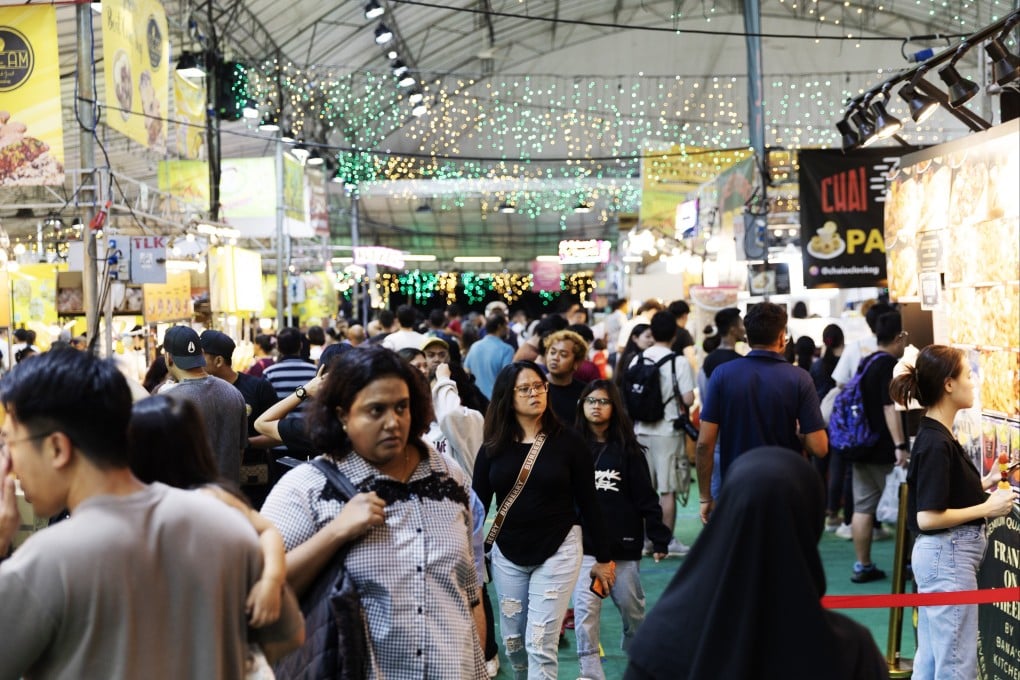Singapore an ‘outlier’ for racial harmony, but is the approach being challenged?
- Experts say giving up some civil liberties such as freedom of expression is an increasingly harder price to pay for young Singaporeans

Singapore’s proactive approach in dealing with racial and religious division has made it an outlier, a cabinet minister has said, but observers warn that convincing the city’s youth to accept the curbing of free speech in the name of social peace will be increasingly difficult.
Law and Home Affairs Minister K Shanmugam on Monday said Singapore had not taken a “laissez-faire attitude towards ethnic relations” like other developed countries in the West, and instead imposed stringent laws and intervened with social policies “which would be unacceptable in many other countries”, including restraints on free speech.
Experts told This Week In Asia that giving up some civil liberties such as freedom of expression in Western societies was an increasingly harder price to pay for young Singaporeans.
“It will be harder for the government to defend its approach as younger generations are not willing to make the same trade-offs and seek more civil liberties,” said Zulkifli Baharudin, Singapore’s non-resident ambassador to Kazakhstan and Uzbekistan and a former nominated members of parliament.
“It’s a trade-off we must make because the risk of fighting among ourselves over race, language, religion is so big that it may permanently damage the very foundation of our society,” said Zulkifli, who noted that the situation was complex in Singapore as it is a Chinese-majority state surrounded by Muslim countries.

Among the 4.15 million resident population in Singapore, which has a total land area of about 750 sq km, about three-quarters are Chinese, 13.5 per cent are Malays and 9 per cent Indians. The resident population comprises citizens and permanent residents.
